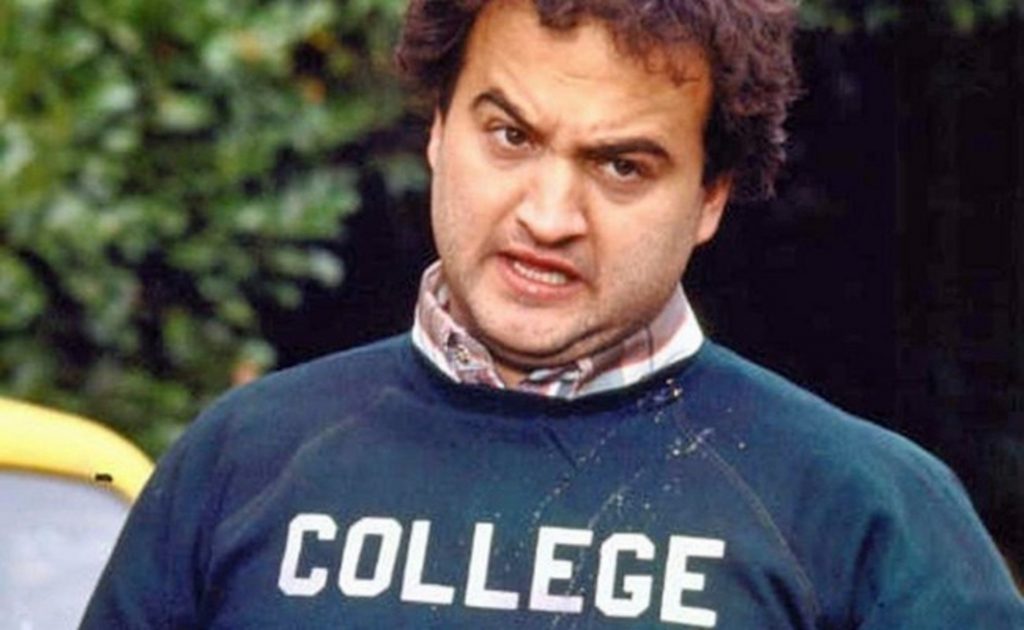Students That Left College During Pandemic Can’t Return To School?
College students that left their degree programs due to the pandemic are struggling to return to school, here's why.

College students that left their degree programs due to the pandemic are struggling to return to school. Between family obligations, working more to combat rising inflation rates, and struggling with tuition increases, returning to college is less likely post-pandemic. College retention rates have been an issue since well before the pandemic, but with all the new economic and social hurdles, students are facing unprecedented challenges that are blocking them from returning to school.
College enrollment rates are down 4.7% this year and last year they hit a record low. This trend isn’t likely to end anytime soon as Americans face a recession. Although a Gallup-Lumina Foundation Study found that 85% of higher education dropouts wish to return to college, many do not have the means. What’s more, 40% of participants who never went to college admitted a desire to enroll.
Unfortunately, even with financial aid, college tuition is high and increasing. Student loan interest rates have gone up, and financial demands are reaching historic proportions. While many economists predicted that the US recovery would have reached more stable conditions by now, these issues are impacting every facet of American life, especially students’ inability to return to college.
16% of students who left college during the pandemic, and 20% who were never enrolled note that university study lacks needed value. About a quarter of students never returned to college due to work obligations, and one-third admitted that they could not continue their degree programs due to family obligations. Although the cost of tuition has gone up, this was not the most cited reason for remaining out of college. Yet over half of those polled admitted that the costs deterred them from gaining a degree — whether they were enrolled before the pandemic, during, or never previously enrolled at all.
The most remarkable result from this survey is the top reason that college students refused to return to college. COVID stress led 76% of bachelor’s degree students to drop out, and 63% of associate’s degree students. This presents a clearer picture of how the long-term effects of pandemic fear have not only continued to destroy mental health, the economy, and American life, but also their ability to return to college. Many universities require the experimental COVID-19 vaccine, masking in classes, and have proven that body autonomy isn’t a value supported by the higher education establishment.
The added stress of being pressured to make private medical decisions based on public pressure has taken its toll, and it’s not only been felt by colleges. The US military has had to discharge soldiers who refuse to receive the COVID-19 shot, and hospitals are struggling to keep nursing staff. When schools mandated the shot for teachers, masses of educators quit, or even falsified medical records.

COVID stresses have led to division and legal battles over medical rights. While some fear the virus — despite the fact that COVID-19 has circulated throughout the country for over two years now and herd immunity is likely to be reached in the near future, as around 60% of the population had been previously infected with COVID by February of this year — others are ready to move on with their lives. Those who wish to return to college and move forward are being held back by institutions that are adamant about continuing excessive pandemic protocols well after the initial “2 weeks to flatten the curve” timeline. If colleges and other professional organizations wish to receive more support, they must find better ways to support those who wish to join them.



